A job description of a psychologist is a document that defines the functional responsibilities of a teacher-psychologist. In addition to the instructions, the specialist is guided in his professional activities and other provisions and regulations. What - learn from this article. Also, readers are offered information on the preparation of the job description of a psychologist (professional standard), the functions, duties, rights and responsibilities of children's psychologists are defined.

Child psychologist: features of the profession
Often, people in this position are somewhat biased, as are the psychologist professions themselves. While people all over the world understand how important the emotional and mental health of both children and adults is, in our country the population is still not ready to turn to specialists in this field. At the same time, most psychological problems are easier to solve in the early stages, therefore, the sooner the doctor begins to work with the patient, the higher the chance of his speedy recovery.
According to modern educational programs in all state educational institutions (schools and preschool educational institutions), the staff must provide for the rate of a teacher-psychologist. The job description of this employee is drawn up according to a single model. According to the documentation, this specialist should work with children, parents and teachers. His main task is to help the child socialize, to cope with the inevitable stress that he is experiencing, getting into a new environment for himself. The psychologist will have to carry out serious work to identify and prevent factors that provoke asocial behavior among students, and he must also help children successfully realize themselves in various life situations.
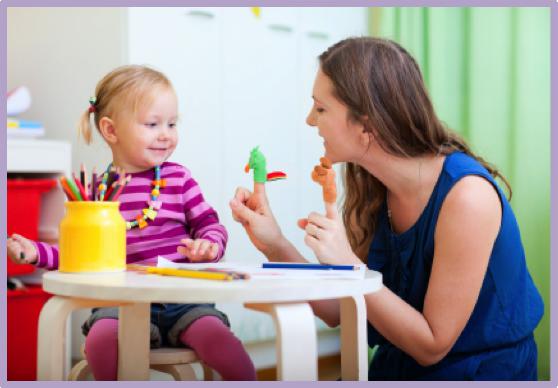
Job description of a psychologist-teacher
The full document includes four main sections. They provide information on the provisions governing the work of a specialist. The instructions also describe the functions of a psychologist, his job responsibilities, rights and responsibilities.
In addition to the general provisions, the job description of a child psychologist demonstrates to whom this employee submits, what is his work schedule, what requirements are presented to him as a specialist. It also indicates its role in the relationship between educators, children and their parents. A full-time psychologist at school or kindergarten is not a practicing doctor who can prescribe therapeutic treatment for a child, but just a consultant. In addition, he has no right to make any diagnoses to his students. However, he can draw up a rough plan for the socialization of the child, as well as help parents find an approach to their baby in case of any problems.
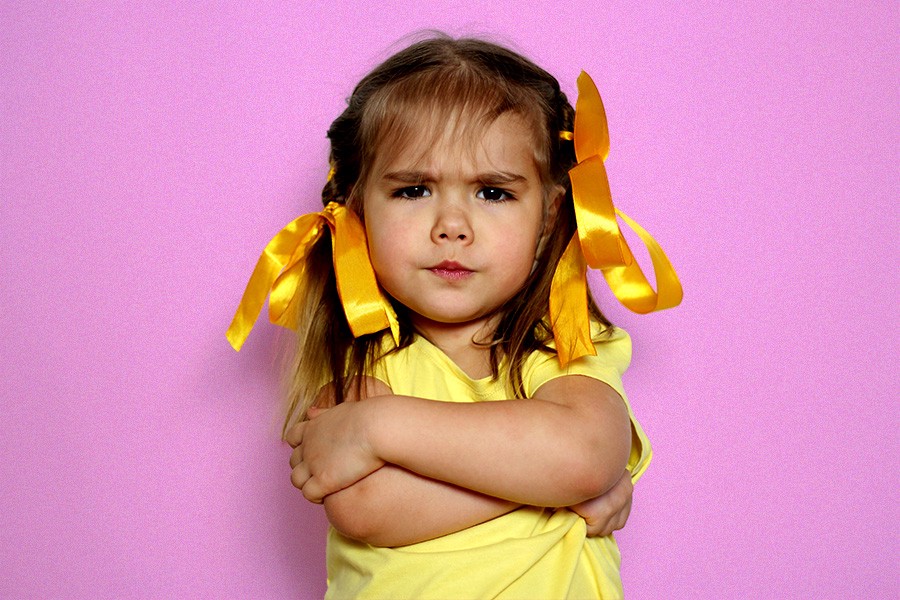
Requirements for a specialist (education, length of service, qualification)
The work of a child specialist is regulated by several documents at once:
- Order of the Ministry of Education and Science of the Russian Federation No. 1155 of October 17, 2013.
- Order of the Ministry of Health and Social Policy of the Russian Federation No. 761-n, edited on August 31, 2011, regulating the qualification characteristics of educational workers.
- The Labor Code of the Russian Federation.
- Federal Law No. 273 On Education in the Russian Federation of July 3, 2016.
- Human rights declaration.
- Convention on the Rights of the Child.
- The internal regulations of the institution in which he works.
An applicant for the position of teacher-psychologist must have a valid diploma confirming that he has a higher or secondary specialized education in the field of “Pedagogy and Psychology”. At the same time, the head of the school or kindergarten does not have the right to demand from a candidate for a vacant post any experience in the specialty, and his absence cannot be a legitimate reason for not hiring a person. All these norms are spelled out in the job description of the psychologist, in the section containing general provisions.
Also, according to the instructions, the workload of a psychologist at school and preschool education is limited to 36 hours a week, while direct classes with children should take no more than 18 hours. The rest of the time, the pedagogue-psychologist is busy with “paper” work - making plans and reports, systematizing and analyzing the results obtained while working with children.
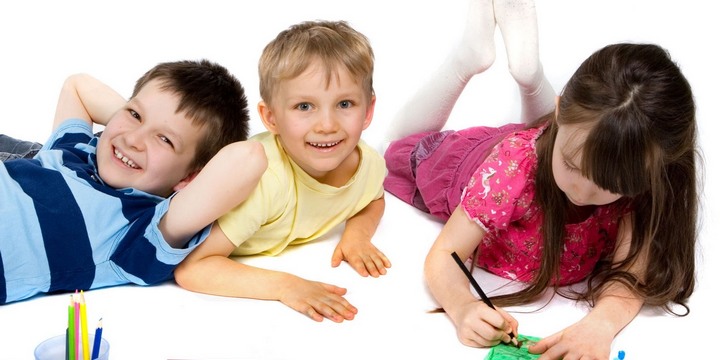
Psychologist functions at school and preschool
A teacher-psychologist working in an educational institution performs extremely important functions: the responsible implementation of the duties assigned to him contributes to the formation of healthy and fruitful relations between children and the teaching staff.
The psychologist immediately works in several areas:
- accompanies the pedagogical process in terms of psychology;
- controls the mental development of the wards;
- provides advisory assistance to children, educators, parents;
- engaged in the prevention of psychological problems in each child individually and in all children in the team;
- protects the rights and freedoms of babies.
In order to perform all these functions, a psychologist needs to carry out adaptive, consulting, analytical, pedagogical and correctional work with children.
Terms of reference of a teacher-psychologist
Based on the above list of functions, the teacher-psychologist in his work performs a variety of tasks. The main ones are the identification of personality problems in children, as well as violations in the process of their socialization. For diagnostics, the psychologist uses different methods - initiates conversations with children, employees of preschool institutions and parents, conducts group and individual classes, during which he assesses the level of communication, emotional and mental development of the kids, analyzes the data obtained during these classes.
In addition, this specialist can conduct educational work with carers and those responsible for caring for the child (guardians, mothers and fathers). This activity is especially important in relation to problem children, who need a special approach both from the staff of the educational institution and from the parents.

The teacher-psychologist works with the child from the moment he is accepted to an educational institution and leads him until graduation. At this time, the specialist should closely monitor whether the child has impaired mental, emotional or mental development. The job description of the psychologist DOE determines the course of his actions if the child has any problems. The teacher must decide on the tactics for further assistance to the ward: it will be corrective psychological support or observation and appropriate treatment by a psychiatric specialist.
The job description of the psychologist at school also does not give the psychologist the right to independently carry out any treatment for the child. Unlike Kindergarten, school psychologists must work separately with gifted children, helping them develop their talents. An important role is given to activities aimed at the sexual education of adolescent and older children.
A significant part of his working time, the psychologist is busy preparing reporting documents and drawing up plans (annual, quarterly and monthly).
Prohibited Actions
The job description of the teacher-psychologist at school and the DOE limits the activities of this specialist in the following areas:
- he cannot diagnose pupils, prescribe and conduct specific treatment;
- the psychologist cannot draw up an individual program for raising a child for parents, he can only advise them on certain issues;
- conduct classes that will be dangerous for the physical or mental health of the child;
- conduct an in-depth psychological analysis of the development of the child without the knowledge and consent of the parents.
The psychologist should help the child adapt in society and facilitate the process of his joining the team, make his stay in the educational institution more enjoyable and interesting.
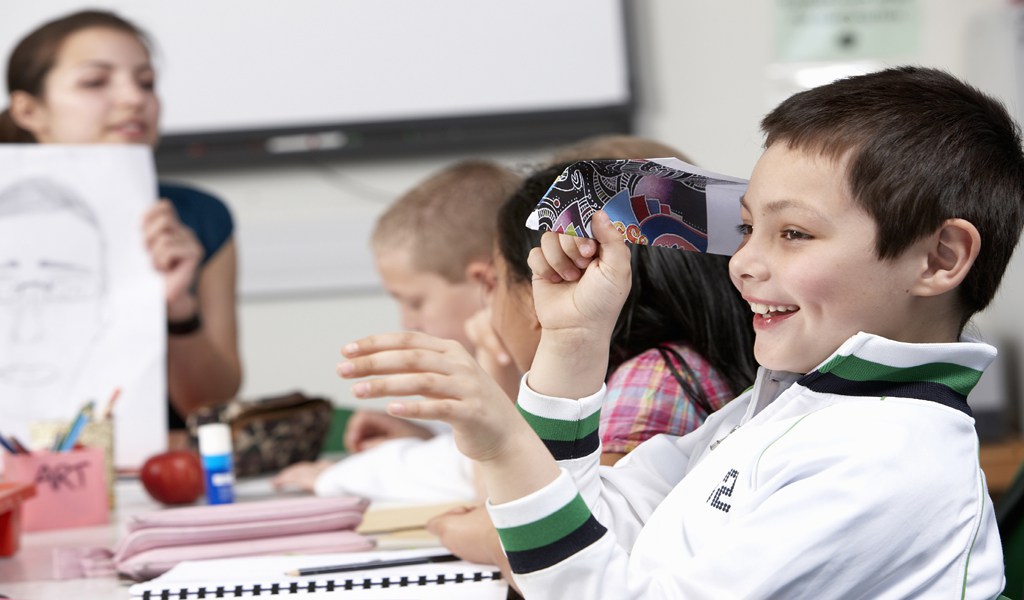
Labor rights
The child psychologist in his work can be guided by all the provisions set forth in the job description of the teacher-psychologist. Educational programs are different in preschool educational institutions and schools, however, in his work, the psychologist independently chooses the methodology by which he works with children. However, it cannot be contrary to the law.
A teacher-psychologist, like educators, can attend parent-teacher meetings and participate in other events.
In case of conflict, he has the right to protect his professional honor and dignity and non-disclosure of information about the proceedings. The leadership of the educational institution cannot prevent the teacher-psychologist from familiarizing himself with the complaints or claims filed against him.
Scope of Responsibility
In case of violation of any local regulatory acts of the educational institution, the pedagogue-psychologist is personally responsible for his actions. This may be an administrative penalty with an appropriate entry in the work book or an oral warning from management. Also, the person holding this position is a financially responsible person, obligations for damaging the pre-school or school are regulated by the labor legislation of the Russian Federation.
If the actions of the teacher-psychologist are contrary to the law on education and are associated with violence against the pupil (physical or moral), he will be relieved of his post.
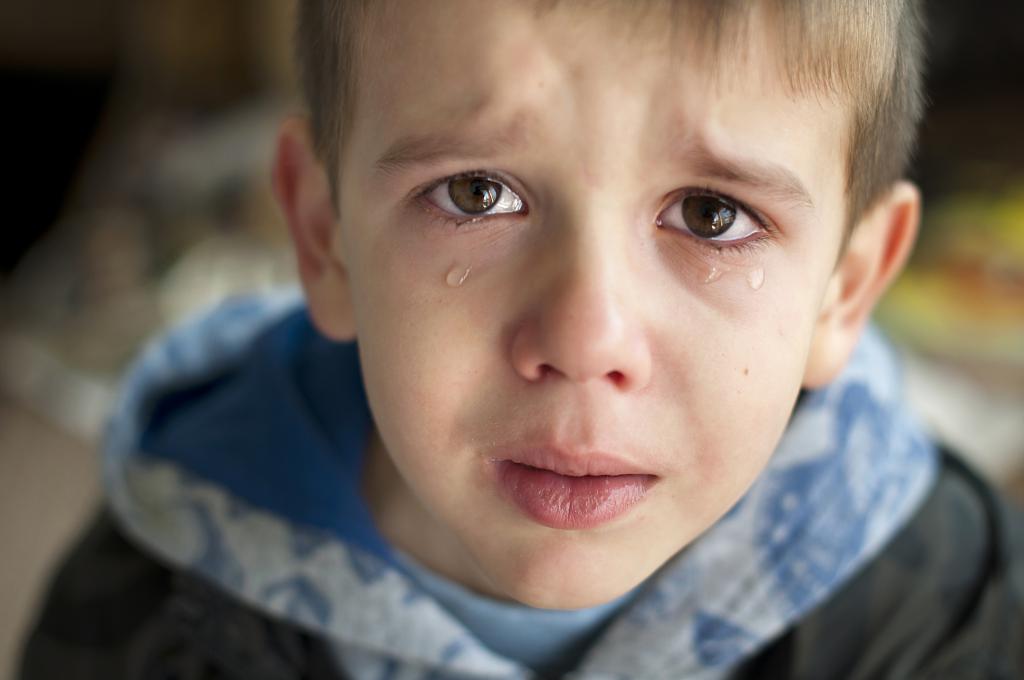
Service hierarchy and work relationships
The direct head of the educational psychologist is the head of the preschool educational institution or the director of the school in which he is employed. They hire this specialist, and they have the right to sign a decree on his dismissal. The psychologist, in addition to fulfilling his direct professional duties, can be involved in other types of work: methodological, pedagogical, or organizational. However, the manager does not have the right to call him from vacation to replace other employees. The psychologist is on equal terms with the educators, and they can freely exchange the information received as a result of their work regarding their professional activities.
